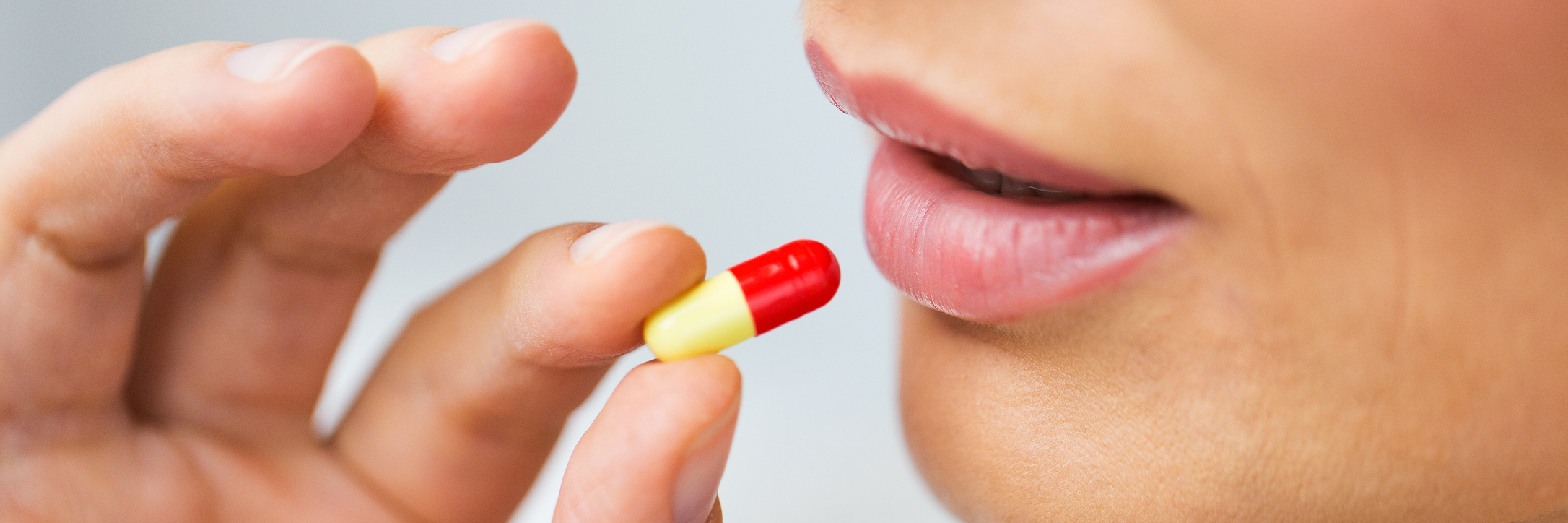I’ve been an anxious person for as long as I can remember. When I was about 9, I started dealing with obsessive thoughts: “oh no, I just thought of a bad word. Am I still a good kid?” Then the running to my parents for validation that I was, indeed, a good kid, ensued.
In middle school and high school, the obsessions changed to fearing my friends were going to change on me. “They’re wearing something they’ve never worn before. Are they suddenly changing interests? They suddenly like something they’ve always said they didn’t. Does this mean I’m losing them?”
As ridiculous as it may sound, these thoughts were very real at the time. This is the nature of obsessive-compulsive disorder (OCD). The thing is, you don’t want to think bad thoughts. You don’t want your friends to move on without you. However, the more you don’t want these things, the more your brain sabotages itself and convinces you otherwise.
Once I hit college, I was going into full-blown rituals. Everything had to be done “just right” or else I had to do it over again. It would sometimes take me almost two hours to shower and get dressed. OCD can definitely own you.
Fast forward about five years; I had graduated from college with a Bachelor’s degree in Social Work and was working my first full-time job in mental health. My OCD had settled down for the most part after some time had passed. I was doing quite well.
Then, about two years later, I started to experience a change in my moods. I would experience anxiety for no apparent reason, followed by low feelings. This went on for several months until I finally decided to seek help.
I went to my doctor and explained to the PA what had been going on. I broke down and cried right then and there. I was prescribed a SSRI, and little did I know I was on the path to seeing better days.
Upon taking it, I started to notice a change pretty quickly. I felt more at ease. I didn’t feel as anxious, and I didn’t really experience any lows. I was finally feeling the way I was meant to feel.
Over the next several years, I continued to evaluate myself and did a lot of introspection. I was gradually introduced to additional medications for some of the concerns I had had about myself for many years, however finally got the answers I so desperately sought. I was diagnosed with attention-deficit/hyperactivity disorder (ADHD) after being convinced I had it since I was 12, and was put on medication. Another medication was added when I noticed I felt down and very lethargic during the winter, and it’s also a twofer: it doubles as help for ADHD as well. After my ADHD, OCD and anxiety diagnoses came at 25, I was in a good place. Next came a diagnosis of Asperger’s syndrome at 31 after continuing to learn more and more about myself.
My blend of medications has been more helpful than I can explain. It has helped me go from anxious and scatterbrained to cool as a cucumber, as well as focused and in the zone. Psychiatric medication has an awful stigma attached to it, but the answer is, why? If you’re diabetic, you take something to balance your blood sugar. If you have high blood pressure, you take something to reduce it. How are medications used to treat chemical imbalances in the brain any different? All I know is, I now feel the way I’m supposed to feel: like me.
Editor’s note: Please see a doctor before starting or stopping a medication.
We want to hear your story. Become a Mighty contributor here.
Thinkstock photo via dolgachov

